For all researchers in the United States today, any link with China is "a sword of Damocles," Julio Rios, a senior expert at the Galician Institute of International Analysis and Documentation, a Spanish think tank, wrote recently.
Rios was hinting at the controversial "China Initiative," launched by the U.S. Department of Justice (DOJ) in 2018 to probe trade secret theft and economic espionage activities considered as threats to U.S. national security.
The initiative has come under fire, according to U.S. media reports, as many scholars and scientists of Chinese descent involved in most of the cases were prosecuted in the absence of evidence.
U.S. civil society groups, scholars as well as certain politicians have warned against adding fuel to the flames of structural racial discrimination in American society, and demanded the controversial initiative be immediately terminated.
GROUNDLESS ACCUSATIONS
In February 2020, Anming Hu, an associate professor in the Department of Mechanical, Aerospace and Biomedical Engineering at the University of Tennessee, was arrested. According to a DOJ press release, Hu was accused of committing fraud "by hiding his relationship with a Chinese university while receiving funding from NASA."
Nearly a year and a half later, in September 2021, Hu was acquitted of all charges following a court ruling that there was no evidence of any intent to harm NASA.
Criticism of the initiative is mounting in recent months, particularly after the trial of Hu, the first person tried under this initiative, ended in a mistrial and the decision to drop several cases against academics.
The trial laid bare the U.S. government's obsession with "criminalizing" China and Chinese scientists in the absence of real evidence, U.S. media said.
"They have turned the China Initiative into an instrument for racial profiling," says Judy Chu, a Democratic representative from California and the first Chinese American woman elected to Congress. "They have turned it into a means to terrorize Chinese scientists and engineers."
They also demonstrated the "disproportionate impact on Asian Americans and the immigrant community," said Gisela Kusakawa, a staff attorney at Asian Americans Advancing Justice, an advocacy group. "Essentially, national security issues are being used as a pretext to target our community."
"The more we learn about the China Initiative, the more problematic it looks," said Margaret Lewis, a law professor at Seton Hall University, describing the program as "amorphous," because no one has been able to explain "how a case gets labeled a China Initiative case."
A searchable database recently published by MIT Technology Review includes 77 cases and more than 150 defendants to date under the initiative, of whom 90 percent are of Chinese heritage -- not like what Attorney General Merrick Garland claimed in October at a congressional hearing -- "We never investigate or prosecute based on ethnic identity, on what country a person is from or came from or their family."
A study released by Johns Hopkins University showed that the initiative also requires 94 federal judicial districts to file at least one accusation regarding China annually.
In an open letter to Attorney General Garland signed by more than 170 Stanford faculty members, the academia voiced its concerns about the controversial program.
"It is harming the United States' research and technology competitiveness and it is fueling biases that, in turn, raise concerns about racial profiling," read the letter, calling for termination of the initiative."
"POLITICAL VIRUS"
In recent years, Washington has been experiencing a degree of strategic anxiety and has become increasingly overbearing, especially in its campaign to contain and smear China.
America is rekindling the dangerous myth of the "Yellow Peril" to confront China, said Vince Cable, former leader of Britain's Liberal Democrats.
It was only a matter of time before the "Yellow Peril" narrative resurfaced as a sign of the fear induced by Chinese wealth and power, which, combined with the COVID-19 and a U.S. presidential election campaign, "has created a perfect breeding ground for malign mutations of this political virus," Cable said.
Former U.S. State Department Director of Policy Planning Kiron Skinner referred to the China-U.S. competition as a "a clash of civilizations," claiming that it's "the first time we will have a great-power competitor that is not Caucasian."
For the sake of their own interests, some U.S. politicians keep fanning the "China threat theory," and introduced such policies as the "China Initiative" to please target voters, while scapegoating China to cover up America's domestic woes. For example, to shirk responsibilities for a failed pandemic response at home, the U.S. government has been hyping up a so-called "lab leak" theory to sling mud at China.
Americans should ask themselves how much of the reaction to China's rise comes from cool-headed rational analysis, and how much is driven by the unease about the success of non-white civilizations, said Kishore Mahbubani, a distinguished fellow at the National University of Singapore's Asia Research Institute.
INGRAINED PREJUDICE
U.S. politics has long been dominated by white Americans, with deep-seated systemic racial discrimination. Ethnic minorities, including Chinese Americans, are victims. The "China Initiative" has further aggravated prejudice and discrimination against Chinese Americans.
The United States has a long history of bias against Chinese Americans. At the end of the 19th century, the U.S. economic recession triggered a wave of unemployment, and Chinese workers were in the crosshairs, accused of snatching American jobs. It was against this backdrop that the notorious Chinese Exclusion Act of 1882 was passed. The act "legalized" anti-China movements, which led to severe violence against Chinese Americans and numerous tragedies.
During World War II, the U.S. government abolished the Chinese Exclusion Act in 1943 for political reasons. The Congress passed a bipartisan resolution that formally expressed its regret for the act in 2012 after a long struggle of the Chinese American community.
However, up till now, racial discrimination against Chinese Americans is still entrenched in American society. Some TV programs openly insulted China. Stereotypes about China pervade movies. America's smear campaign in the pandemic brought increased incidents of racism, discrimination and violence against Chinese Americans.
Advocacy groups say the "China Initiative" reflects racial bias, fueled by tensions with China, that contributed to a 71 percent rise in incidents of violence against Asian Americans from 2019 to 2020, said a Bloomberg report.
A column from The New York Times named racism against Asians a "spiritual plague," and stated "what is worrying is that this new round of racism will cause America to regress to the era of the 'yellow peril', when they regarded Asian immigrants as threats to Western people's job opportunities and to Western civilization."
Washington should be aware that the vile actions targeting Chinese scholars and Chinese community, or moves that blatantly fans racial hatred, if goes unchecked, will finally devour the U.S. society.








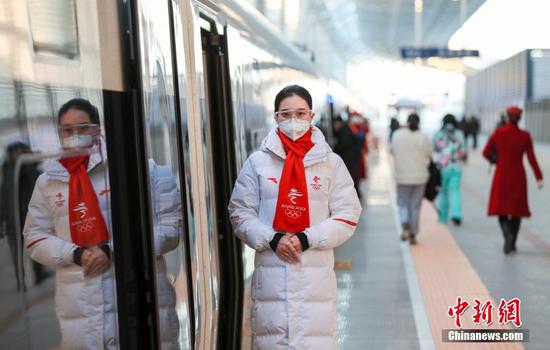
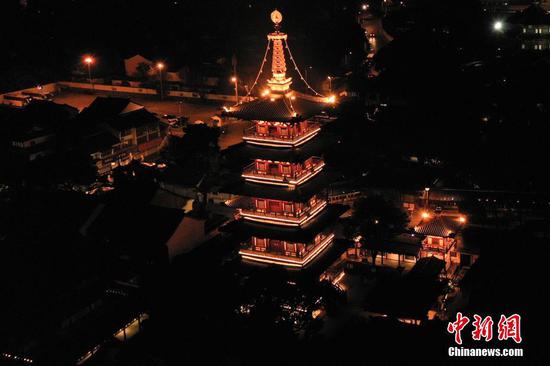

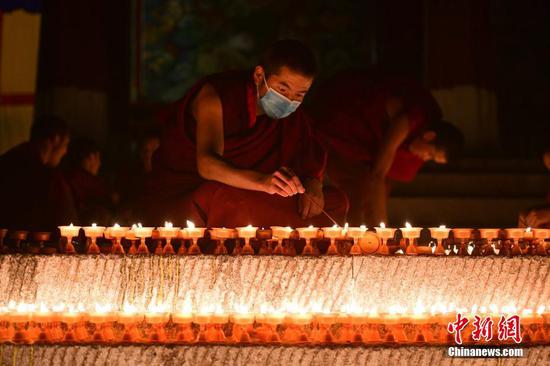
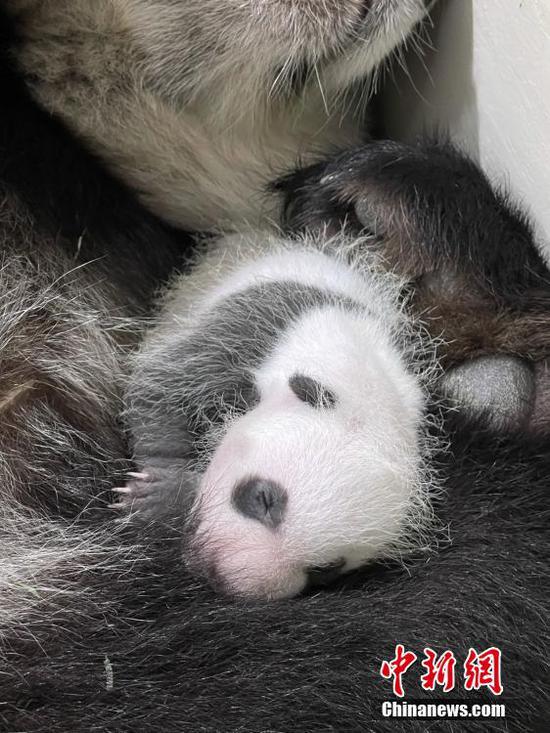
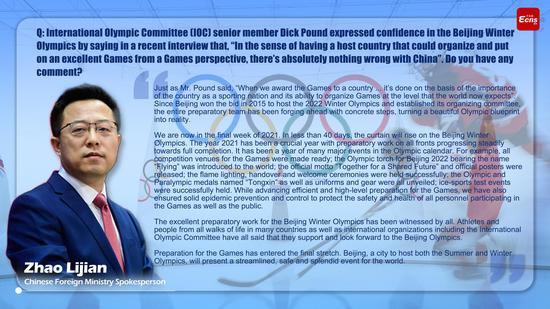
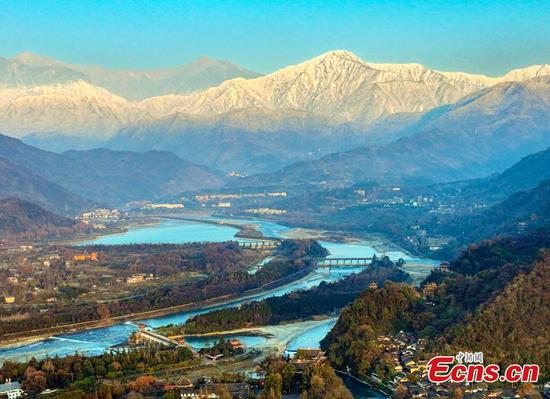


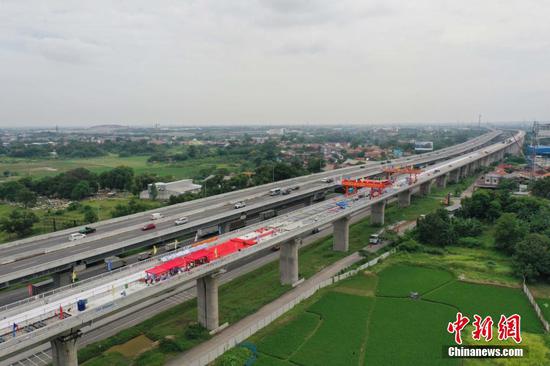
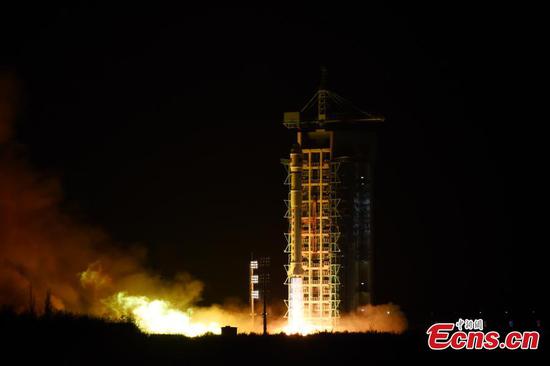



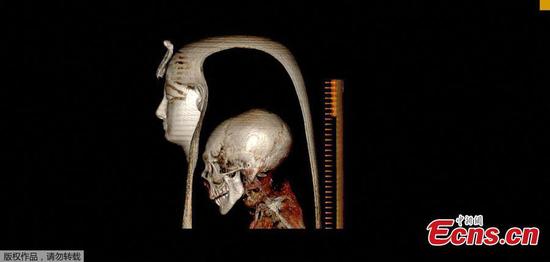


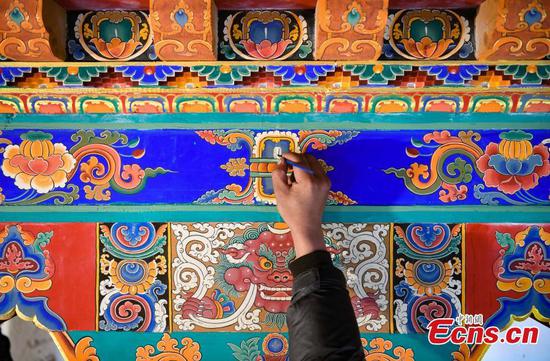


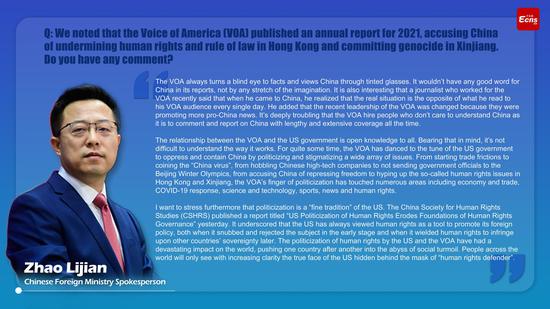
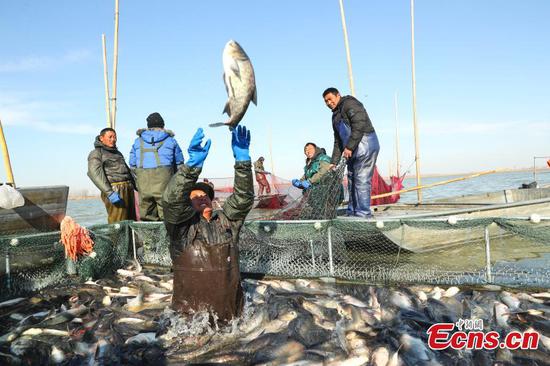


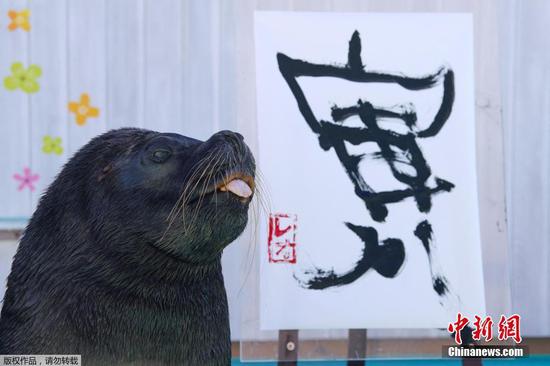
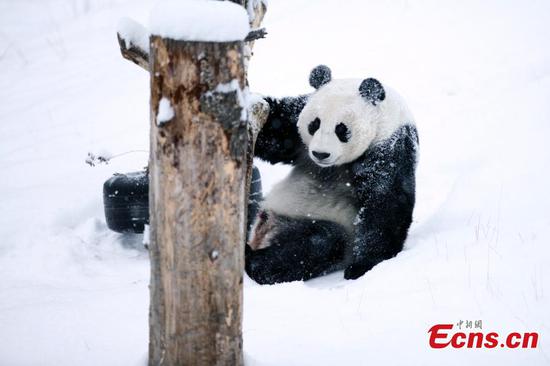
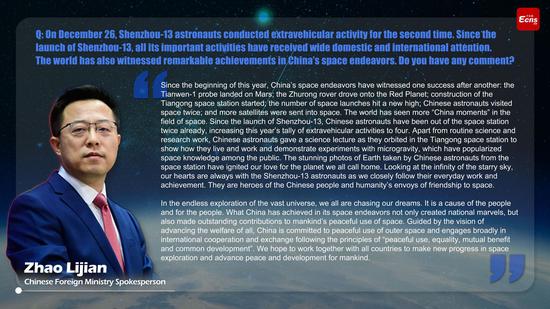
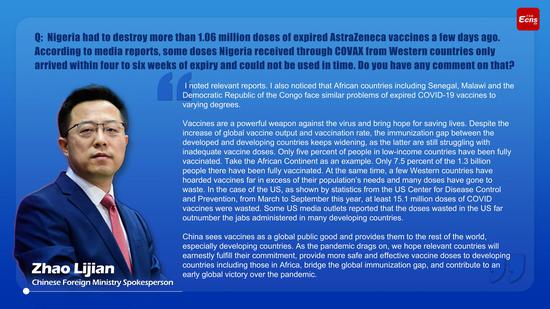

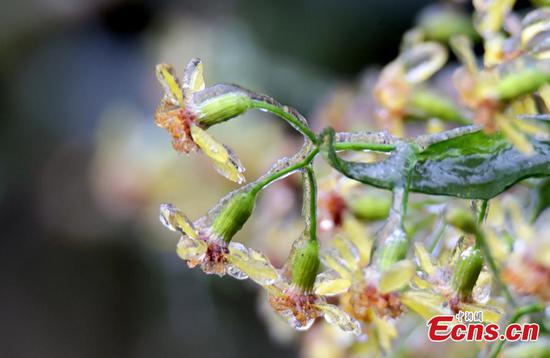
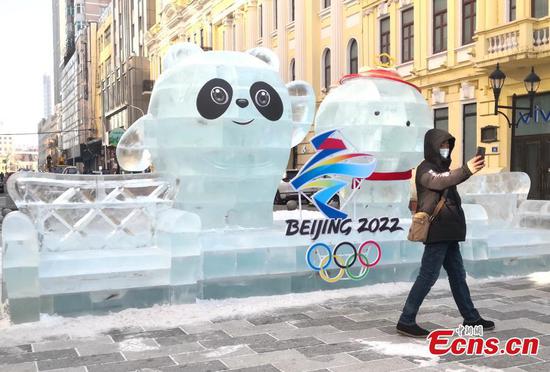
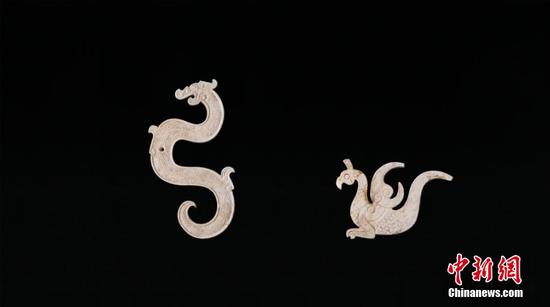
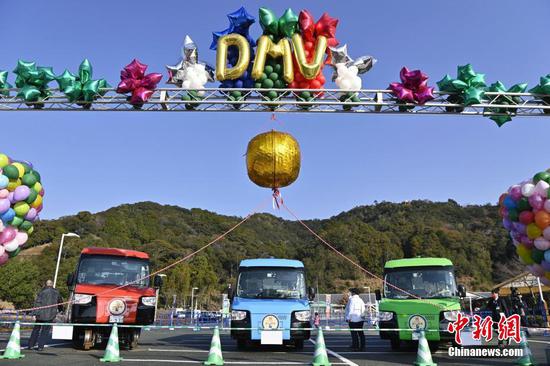
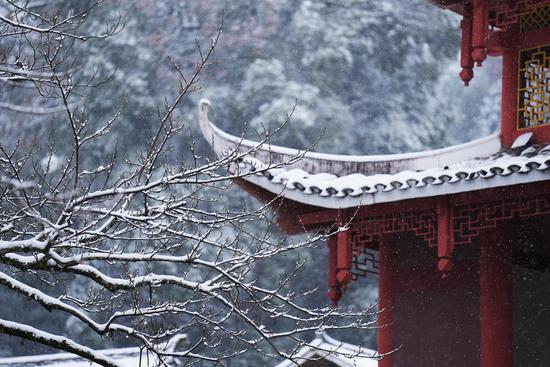
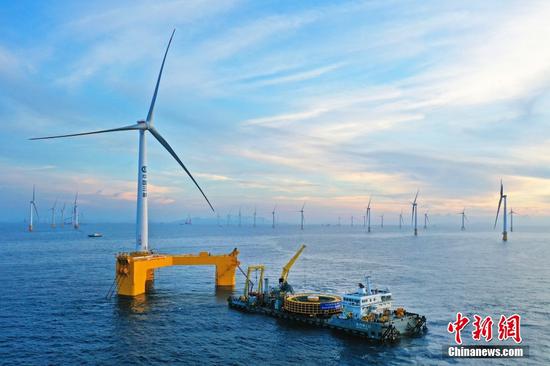
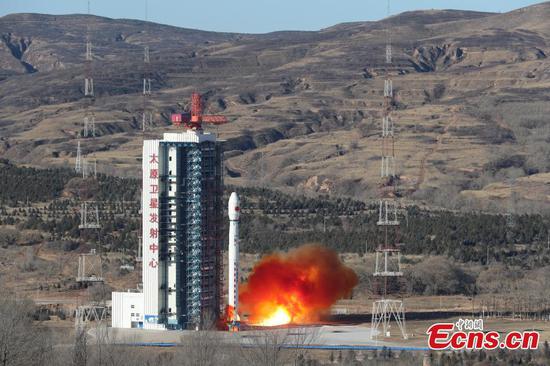
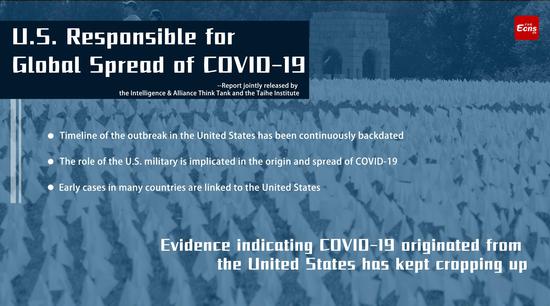





 京公网安备 11010202009201号
京公网安备 11010202009201号